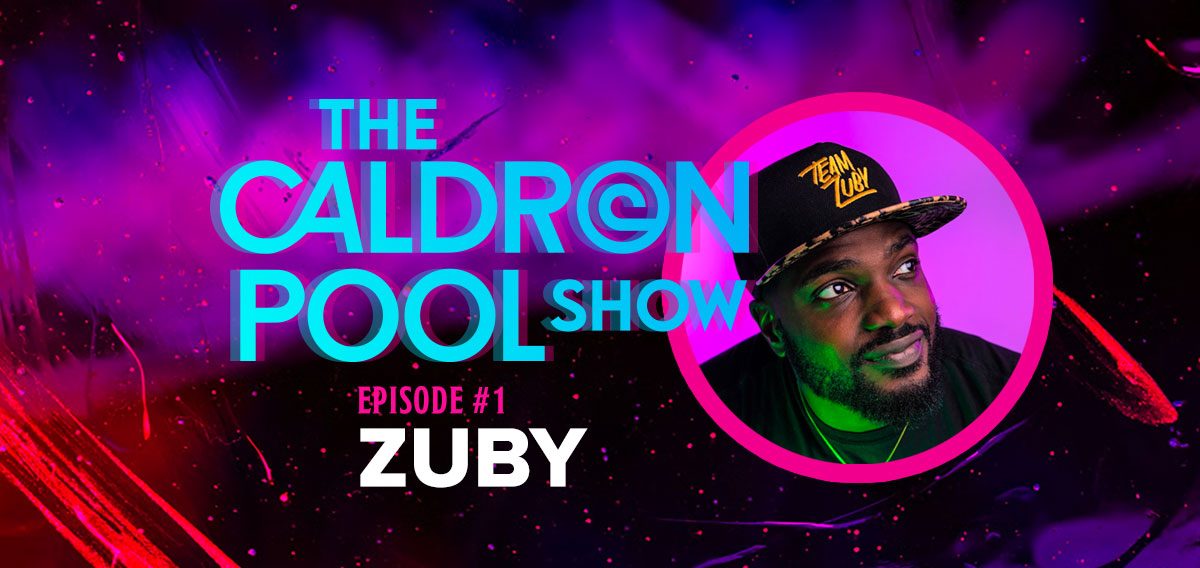American historian Daniel J. Boorstin once said, “The greatest enemy of knowledge is not ignorance; it is the illusion of knowledge.”
These words ring true when we particularly consider the behaviour of big pharma in the West.
Over the past two years, two whistle-blowers have been willing to speak up in the face of the pharmaceutical industry (big-pharma). In particular, they have brought to light the prevalence of ghost-writing, corrupt partnerships between big pharma and the scientific academy, and even the suppression of alternative treatments for the sake of profit.
Dr. Peter A McCullough — a medical expert who has published over 1,000 academic papers — recently testified before the Texas Senate Health and Services Committee.
Dr. McCollough highlighted how one of the most critical weapons against the spread and damage of COVID-19 is early treatment. Early treatment can prevent hospitalisation, further illness, and even death.
In the American Journal of Medicine, Dr. McCollough stated:
“Sources of real-world data suggest early ambulatory sequenced multidrug therapy is associated with ~85% reductions in morbidity and mortality due to COVID-19 with no signals of harm.”
The Defender reports:
“McCullough said, ‘What frustrated me, was in the media cycle, all we heard about was reducing spread, and then later on vaccination. We never actually heard about treating sick patients.’
Had there been more of a focus on treating sick patients, said McCullough, early treatment could have prevented up to 85% of COVID deaths. Instead, he said, there’s an ‘incredible suppression of early treatment in the medical literature’ for COVID.”
McCullough highlights the “Surgisphere scandal” in which The Lancet published a fake paper by a sketchy U.S. company called Surgisphere that falsely implied hydroxychloroquine could harm people hospitalized with COVID.”
Dr. Leemon McHenry — Emeritus Professor in Philosophy and Bioethics at California State University — has also been willing to speak up against the same problems.
Dr. McHenry identifies one of the greatest problems with most of the pharmaceutical research conducted:
“The pharmaceutical industry is manufacturing all of these medical journal articles behind the scenes for basically marketing purposes. I was astounded, because I had this enormous trust in medical journals. You have to realise that the clinical trial on a blockbuster drug, published in a top medical journal, with the branding of a key opinion leader — that key opinion leader’s university affiliation is worth an enormous amount of money in terms of confidence.”
In his recent book, The Illusion of Evidence-Based Medicine: Exposing the crisis of credibility in clinical research, Dr. McHenry goes into depth analysing the ubiquity of these problems.
While ignorance is bliss indeed, something far more dangerous is a society that builds itself upon the illusion of knowledge.


















